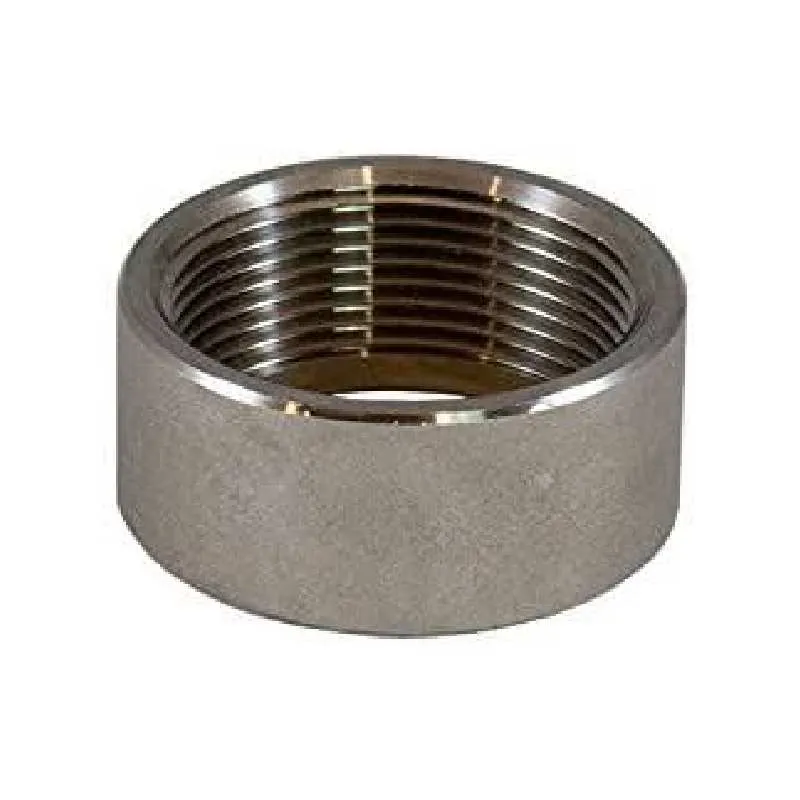-
Cangzhou Yulong Steel Co., Ltd.
-
Phone:
+86 13303177267 -
Email:
admin@ylsteelfittings.com
- English
- Arabic
- Italian
- Spanish
- Portuguese
- German
- kazakh
- Persian
- Greek
- French
- Russian
- Polish
- Thai
- Indonesian
- Vietnamese
- Zulu
- Korean
- Uzbek
- Hindi
- Serbian
- Malay
- Ukrainian
- Gujarati
- Haitian Creole
- hausa
- hawaiian
- Hebrew
- Miao
- Hungarian
- Icelandic
- igbo
- irish
- Japanese
- Javanese
- Kannada
- Khmer
- Rwandese
- Afrikaans
- Albanian
- Amharic
- Armenian
- Azerbaijani
- Basque
- Belarusian
- Bengali
- Bosnian
- Bulgarian
- Catalan
- Cebuano
- China
- China (Taiwan)
- Corsican
- Croatian
- Czech
- Danish
- Esperanto
- Estonian
- Finnish
- Frisian
- Galician
- Georgian
- Kurdish
- Kyrgyz
- Lao
- Latin
- Latvian
- Lithuanian
- Luxembourgish
- Macedonian
- Malgashi
- Malayalam
- Maltese
- Maori
- Marathi
- Mongolian
- Myanmar
- Nepali
- Norwegian
- Norwegian
- Occitan
- Pashto
- Dutch
- Punjabi
- Romanian
- Samoan
- Scottish Gaelic
- Sesotho
- Shona
- Sindhi
- Sinhala
- Slovak
- Slovenian
- Somali
- Sundanese
- Swahili
- Swedish
- Tagalog
- Tajik
- Tamil
- Tatar
- Telugu
- Turkish
- Turkmen
- Urdu
- Uighur
- Welsh
- Bantu
- Yiddish
- Yoruba

Apr . 17, 2025 11:36 Back to list
THREAD COUPLING: The Essential Connector in Piping Systems
When it comes to building reliable and leak-proof piping systems, thread coupling plays a critical role in joining pipe sections with precision and durability. Whether used in plumbing, oil and gas, or industrial applications, thread couplings ensure strong mechanical connections that withstand pressure, vibration, and temperature extremes. This article dives into the uses, types, benefits, and material options of thread couplings, helping you choose the right component for your specific needs.
What Is a Thread Coupling?
A thread coupling is a short length of pipe with internal threads at both ends, designed to connect two externally threaded pipes of the same diameter. It allows for easy assembly and disassembly without welding, making it ideal for systems that require maintenance, extension, or reconfiguration.
Thread couplings are commonly used in:
Water and gas pipelines
Oilfield tubing and casing
Fire sprinkler systems
Chemical transport lines
HVAC and industrial piping networks
Types of Thread Couplings
There are several thread coupling types based on design and application:
Full Coupling: Used to connect two pipes or a pipe to a fitting.
Half Coupling: One end is threaded or socket-welded to a pipe; the other remains open.
Reducing Coupling: Connects two pipes of different diameters.
Swaged Coupling: Tapered ends reduce flow restrictions and improve sealing.
Thread standards include NPT (National Pipe Thread), BSPT (British Standard Pipe Taper), and API (American Petroleum Institute) threads, each suited to specific industries.
Advantages of Using Thread Couplings
Quick installation without the need for welding or adhesives
Reusability during system maintenance or upgrades
High leak resistance when properly torqued with thread sealant or Teflon tape
Versatility across pressure ratings and temperature ranges
Cost-effective solution for connecting pipes in small to large systems
Common Materials Used in Thread Coupling
Material choice depends on the application environment:
Carbon Steel: Durable and strong for high-pressure systems
Stainless Steel: Excellent corrosion resistance for chemical and marine use
Brass: Suitable for potable water and non-corrosive environments
PVC or CPVC: Lightweight and corrosion-resistant for residential and low-pressure systems
Get the Right Thread Coupling for Your Project
Choosing the correct thread coupling ensures long-lasting performance, safety, and efficiency in your piping system. At Yulong, we offer a wide selection of thread couplings in various materials, sizes, and standards. Contact us today for expert advice, technical support, and bulk pricing tailored to your project needs.

Latest news
-
ANSI 150P SS304 SO FLANGE
NewsFeb.14,2025
-
ASTM A333GR6 STEEL PIPE
NewsJan.20,2025
-
ANSI B16.5 WELDING NECK FLANGE
NewsJan.15,2026
-
ANSI B16.5 SLIP-ON FLANGE
NewsApr.19,2024
-
SABS 1123 FLANGE
NewsJan.15,2025
-
DIN86044 PLATE FLANGE
NewsApr.19,2024
-
DIN2527 BLIND FLANGE
NewsApr.12,2024
-
JIS B2311 Butt-Welding Fittings LR/SR 45°/90° /180°Seamless/Weld
NewsApr.23,2024











